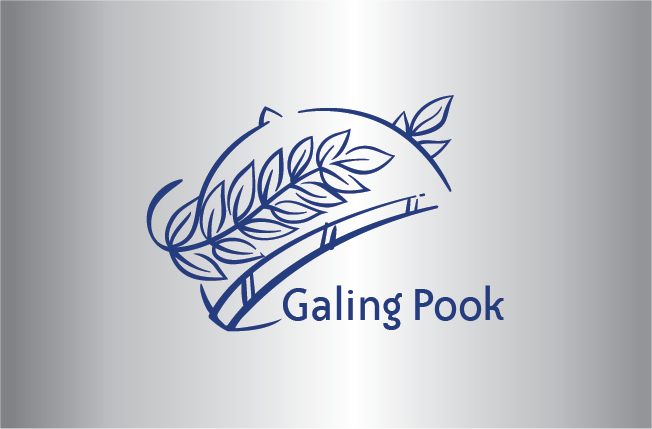
Zero to Limpyo Iloilo: Movement for a Province-wide ZOD
Province of Iloilo
2023
The Province of Iloilo has achieved remarkable progress in the area of environmental sanitation and hygiene through the Zero to Limpyo Iloilo Movement. This community-driven initiative aims to promote sustainable sanitation practices across the province’s 42 municipalities and one component city. Through a people-centered approach involving multi-sectoral collaboration, Iloilo has seen vast gains in access to sanitary facilities, positive health outcomes, and overall quality of life.
The program began in 2014 as a response to devastation caused by Typhoon Yolanda. It aimed to address open defecation and lack of proper sanitation infrastructure, both of which pose significant public health risks. In 2018, the Iloilo Provincial Government formalized support through Provincial Ordinance No. 2018-179, earmarking an annual budget of PhP5 million pesos. This enabling policy was later adopted at the city, municipal and barangay levels.
Guided by the Philippine Approach to Sustainable Sanitation, community participation is a core strategy. Activities include pre-triggering, triggering sessions, participatory planning, and post triggering sessions that involve stakeholders from barangay officials to community organizations. This empowered residents to take ownership over their sanitation situation. Households also sign commitments to support the program and its goals.
At the provincial level, the Provincial Management Committee oversees implementation through health, planning, environment and disaster management departments. Municipalities each have verification and certification teams involving local health offices, NGOs, and communities.
Beyond the provincial ordinance, many municipalities issued complementary laws adopting the program locally. LGU policies now require sanitary toilets in construction and integrate hygiene into other programs like pre-marriage classes.
As of 2022, all 1,721 barangays have been declared “Zero Open Defecation”. This translates to 471,075 households now having basic sanitation access. Some 7,488 households directly benefited from toilet construction materials provided. Sustained behavior change and sanitary practices were also observed in monitoring visits.
From 2015 to 2022, households with their own toilets rose from 82% to 94%, while the remaining 6% have access to shared facilities. The program has resulted to the reduction of food, water-borne and soil-transmitted diseases, improvement in the nutritional status and has also positive impact on the quality of life of the beneficiaries. There was a remarkable reduction in the number of cases such as amoebiasis, typhoid and acute bloody diarrhea from 1,071 in 2017 to 173 in 2022. There was also a notable decrease in acute gastroenteritis cases from 9,418 in 2017 to 383 in 2022.
Beyond health impacts, beneficiaries express enhanced well-being and dignity from owning private sanitation. Financial data indicate cost savings from averted medical expenditures far outweigh program investments.
Moving forward, the province intends to achieve higher sanitation service levels. Sustainability is ensured through integrated local policies, counterpart budget allocations, and community empowerment. Grassroots implementation teams carry out regular verification and coaching. Innovations include integrating demand generation into other programs.
Iloilo’s success demonstrates that community-led solutions can make quality public health affordable and scalable even for poorer areas. Its people-centered approach to hygiene promotion and infrastructure gains widespread acceptance. LGUs from other regions have since conducted benchmarking of this model program. Provincial leadership, coordinated multi-sectoral partnerships prove vital for transforming sanitation outcomes across an entire province. Iloilo’s “Zero to Limpyo” Movement provides an exemplary framework for others seeking to optimize local governance for health security and wellness.


